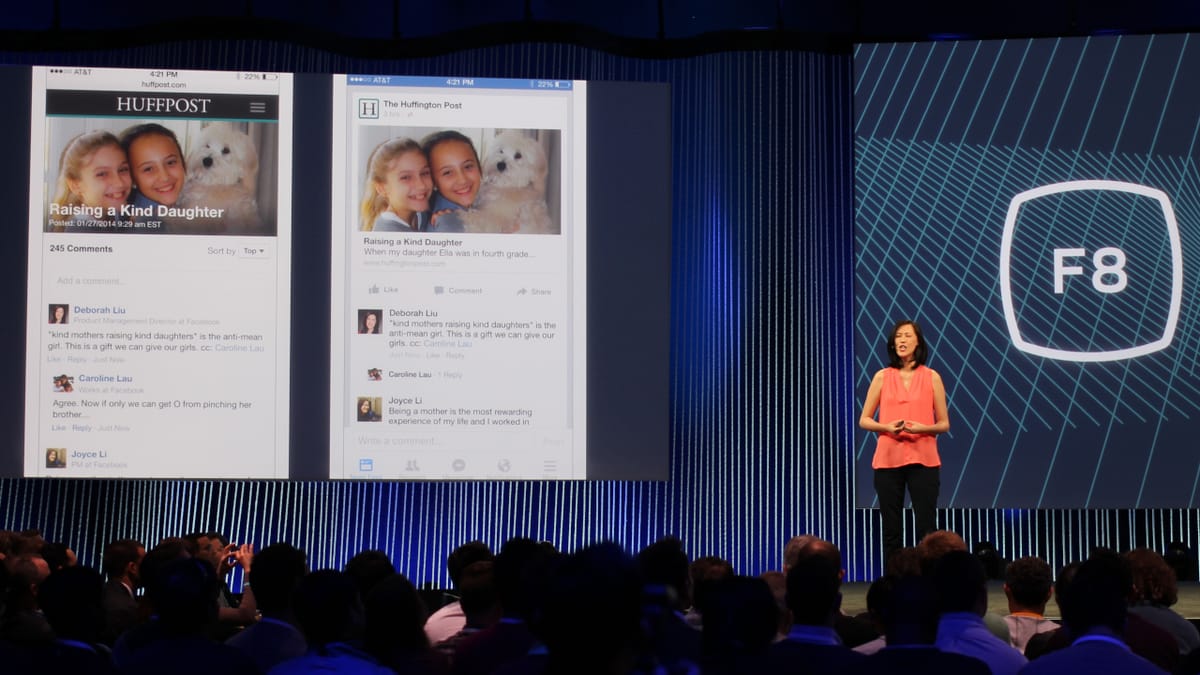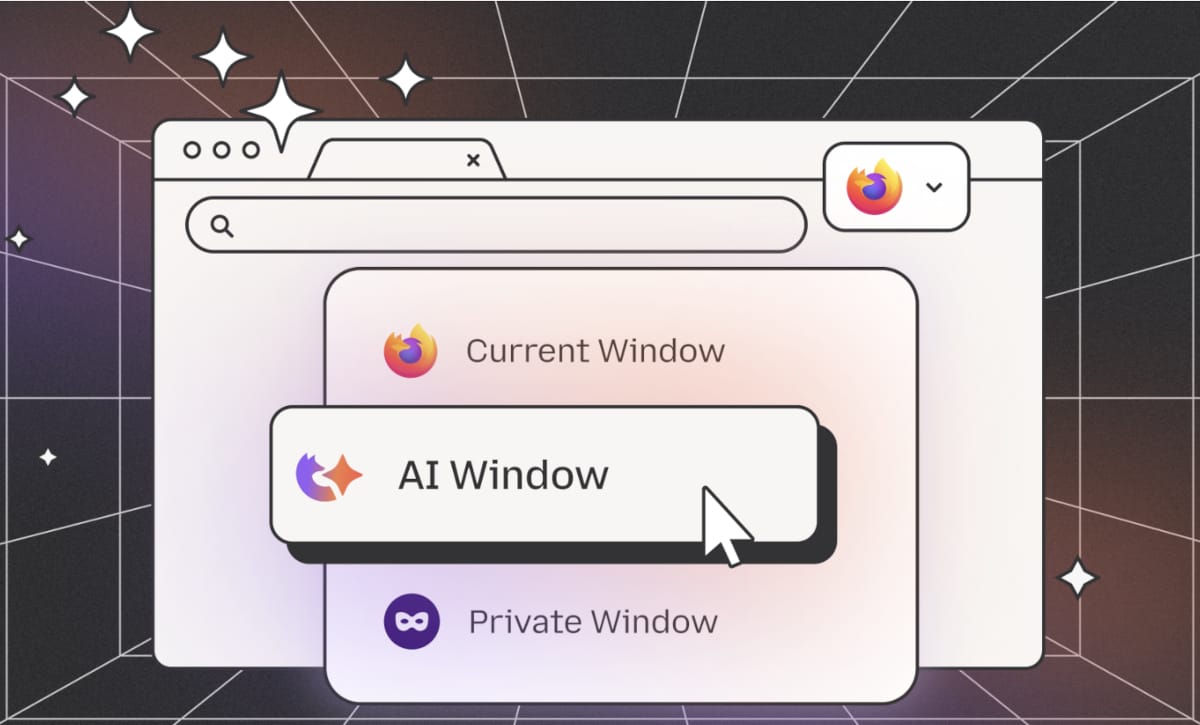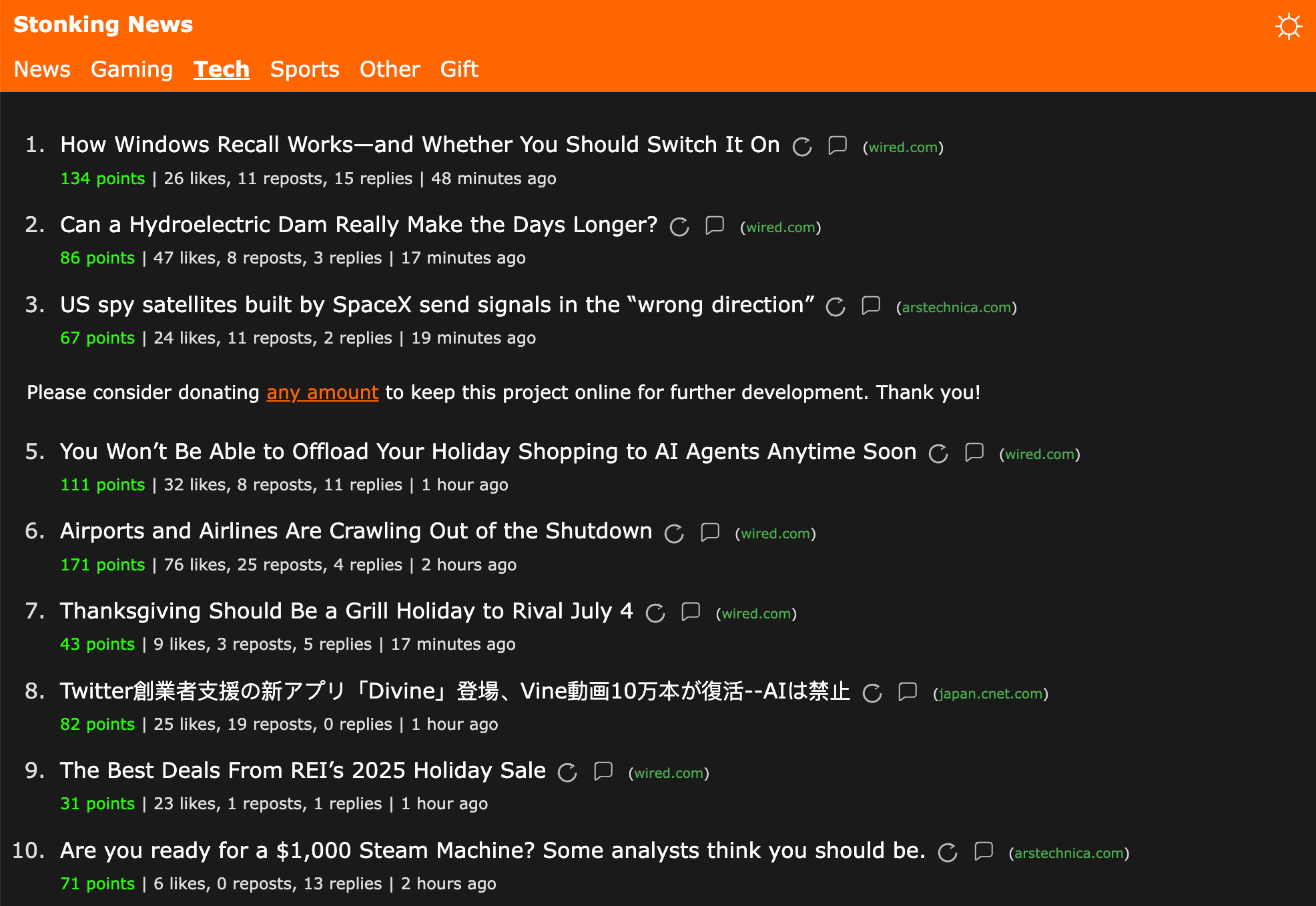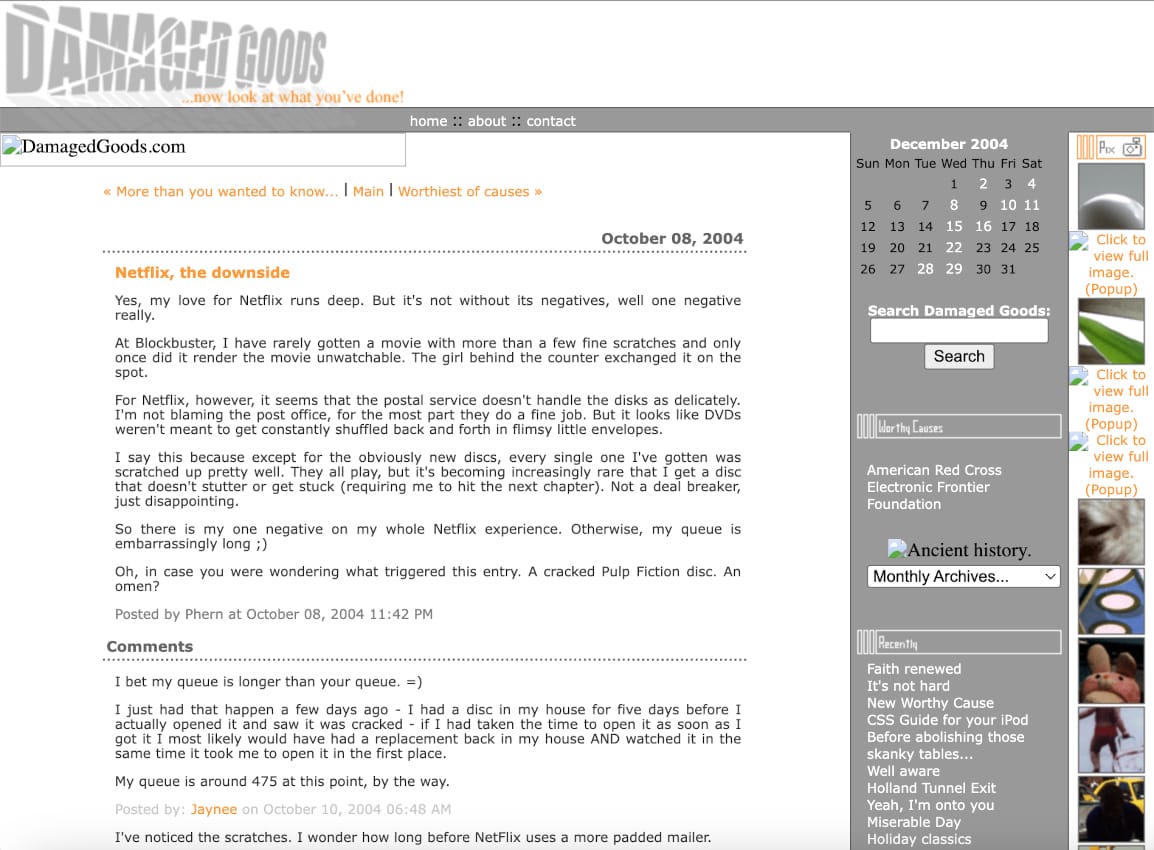Google Web AI, Apple Mini Apps, Meta Kills Web Plugins, & More

I've been closely following the intersection of web and AI this year, so who better to talk to about this than Jason Mayes, who leads Web AI initiatives at Google. For Google, Web AI is primarily about running client-side AI in the browser. The two key Web AI trends I learned about are:
- The increasing power of in-browser inference — meaning LLMs working with your data on-device; and
- Google's new Web AI runtime for web apps, LiteRT.js. This framework is focused on inference only, whereas Google's previous Web AI framework — TensorFlow.js — does both training and inference. LiteRT.js will eventually replace TensorFlow.js altogether, Mayes told me.
On-device inference has clear privacy benefits, since your personal data won't get sent to clouds. It also means faster AI processing. Mayes noted that this offers more opportunities to JavaScript developers to work with AI. Python will still be the go-to language for LLM training, which largely happens on the cloud, but web developers can use JavaScript for inference-related work (which is where LiteRT.js comes in). Mayes told me:
“So I think then that enables all the JavaScript developers to fine-tune models or retrain them for their business needs, and then convert those models to a web AI form; and that’s what actually gets deployed, especially if they care about privacy or cost.”
Mayes believes there will be an "aha moment" for Web AI soon, as developers realize that 95% of AI use cases can run in the browser, on-device. I encourage you to read my full writeup on The New Stack to understand this trend more.
Now let's get to the week's web tech news...
Web Platform
🌎 Apple has announced the Mini Apps Partner Program; it defines mini apps as "self-contained experiences that are built using web technologies like HTML5 and JavaScript." To incentivize this, Apple is offering "a reduced commission rate of 15% on the sales of qualifying In-App Purchases" (but, as they say on podcast ad-reads, terms and conditions apply).
Sarah Perez has some good context, including that Apple may see this as a way to compete against ChatGPT apps (which are also, basically, mini web apps inside a native app). Meanwhile Tim Sweeney, CEO of Epic Games, positions it as a tax on web games:
"The sad part of this that we shouldn’t lose sight of - this isn’t a new, better rate for apps that connect to web games, it’s the application of a new 15% Apple tax to web games that were formerly never taxed at all, with WeChat and ByteDance being examples."
🌎 Meta has replaced the WhatsApp native app for Windows 11 with a web wrapper created with Microsoft Edge WebView2, writes Mayank Parmar. He thinks it's "a performance nightmare" because the web version uses far more RAM. There's a good discussion on Hacker News, including from someone who claims to be "the person who designed and fought for this app". That person writes:
"I've come to the conclusion that native desktop apps are just not viable from large companies, even if there is headcount. The problem is coordination cost."
🌎 Last month I noted the launch of Quiet, an open source UI library for the web, created by Cory LaViska (who also created Shoelace, a library of web components). Well, unfortunately Quiet has since been withdrawn from the web. The homepage now states:
"Quiet UI is no longer available to the general public. I will continue to maintain it as my personal creative outlet, but I am unable to release it to the world at this time."
Chris Ferdinandi blogged about this, with the headline "Open source is still broken":
"After a month or two, Cory had sold just two or three licenses, and decided to switch to MIT licensed. In a now-deleted blog post, he talked about feeling hindered by the lack of adoption, and his frustration that companies will pay massive salaries to devs but won’t spend $100 or so on something that will save hundreds of hours of work."
He adds: "Candidly, I’m seeing the same thing with Kelp." (Kelp is an HTML-first UI library created by Ferdinandi.)
🌎 Patrick Brosset, developer PM at Microsoft, commented on Mastodon about the long list of "features missing in just one browser engine" on the W3C's Web platform features explorer website:
"If the web platform is to survive, we MUST keep on innovating and shipping new APIs and capabilities, in ALL areas of software development.
Device access, OS integration, storage, file system, animations, codecs, styling, typography, networking, custom elements, styling and extending built-ins, performance, media, ..."
Amen to that. Also check out Brosset's related article on Piccalilli, Perfecting Baseline.
🌎 Fabio Manganiello, a longtime developer, reminds us of the simple and elegant functionality that XSLT provided back in the day. This is on the back of news that Google has confirmed it is deprecating XSLT in Chromium. Manganiello recalls:
"My website back in 2007-2008 consisted in a bunch of XML files, which were rendered on the fly either as HTML or RSS feeds depending on the client. And XSLT was there operating this transformation behind the scenes. [...] XSLT provided the perfect glue to transform one into another with a (relatively) simple markup language."
Web AI
🤖 Sir Tim Berners-Lee was interviewed by Nilay Patel from The Verge. Patel brought up the rise of AI browsers and asked Sir Tim about AI inference running locally, which ties in well with my TNS post this week. Sir Tim's reply:
"The right place to end up is where you’re totally in control of your data. As the power of local devices becomes greater, then the amount of stuff which gets stored locally increases… a lot of the things that people are building out there on the web are local-first, meaning that they’re designed to be able to work without the cloud. They store data either on the web, or they store the data on your local device. The good place to be is that the data is all stored on your local device. The inference is happening in your device, and you’re in control."
🤖 My colleague at The New Stack, Loraine Lawson, posted more about on-device AI. In Why the Frontend Should Run AI Models Locally With ONNX, she interviews Sonu Kapoor (a full-stack developer and Angular consultant) about how AI models can be treated as local assets, enabling better performance and privacy. ONNX is the Open Neural Network Exchange, an open standard for machine learning interoperability.
Kapoor described ONNX as like a .pdf for machine learning. "With ONNX, actually, you can download the model so you can convert it and you can run it anywhere you want, like with JavaScript or Node.js," he said.
🤖 Mozilla announced a Firefox feature called "AI Window" this week, which opens up a new browser window that "lets you chat with an AI assistant and get help while you browse." This seems to be exactly what OpenAI's new Atlas browser offers by default, except with Firefox you can elect not to use AI (or, to continue the window metaphor, you can open or close the AI Window at any time):
"We see a lot of promise in AI browser features making your online experience smoother, more helpful, and free from the everyday disruptions that break your flow. But browsers made by AI companies ask you to make a hard choice — either use AI all the time or don’t use it at all."
Per The Verge, Firefox users "will be able to pick the AI model they want to use."

Open Social
💬 In a previous era of the social web, Facebook Like and Comment buttons were a common sight on blogs and websites. We had the Like button on ReadWriteWeb, and I know TechCrunch had the Comment plugin enabled – meaning people could leave a comment on a TC post in Facebook, and it would be mirrored on the blog post. It was neat functionality and showed that websites and social media could (on occasion) play nice together. But now, Meta has decided to kill off this functionality, and the plugins will be discontinued on February 10, 2026:
"The plugins that will be discontinued reflect an earlier era of web development, and their usage has naturally declined as the digital landscape has evolved."
📺 Micro.blog founder Manton Reece announced a $20 per month "Studio" tier to his indie microblogging platform:
"Micro.blog Studio adds longer video hosting for your blog, with uploads up to 20 minutes. [...] It can automatically copy videos to PeerTube and Bluesky too."
🦋 Stonking News is like a Hacker News for stories trending on BlueSky. The frontpage is dominated by politics, as you'd expect from the wider Bluesky community. But the tech page is a potentially useful thing that I'm going to keep an eye on; it's a bit Wired-heavy right now, but hopefully more diverse sources will start to appear.

One More Thing
🎈 Remember when the downsides of Netflix were disc scratches and embarrassingly long queues? This blog post from 2004 made me smile. Via Classic Web, my Mastodon alt a/c that posts screenshots of classic websites and blogs.

Thanks for reading Web Technology News (WTN), your weekly briefing on the Web’s future: infrastructure, open networks, and AI. If you liked what you read today, please consider sharing the newsletter on your favorite social media platform.
You can get the full content of WTN via email (the form is on the WTN homepage) or RSS. A benefit of signing up via email is that it allows you to post comments on the URL where this post lives: i.e. on the Web.
You can also follow WTN on social media: search "@feed@webtechnology.news" on Mastodon or click here to follow on Bluesky.
Until next week, keep on blogging!



